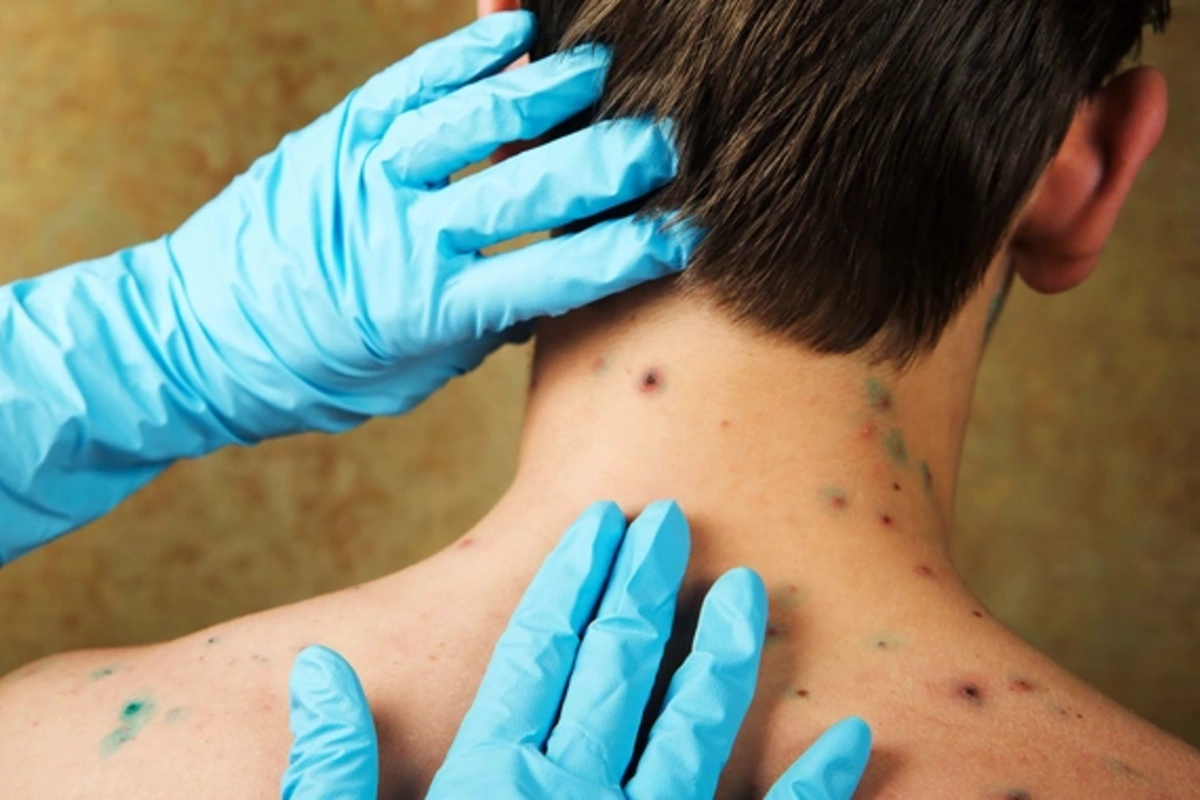30 Oct , 19:35
0

Chickenpox can return: who is at risk of re-infection with the virus
As reported by TUT.AZ with reference to The Conversation, infectious disease specialist and clinical researcher at the University of Sydney Archana Koirala spoke about rare cases of re-infection with chickenpox.
Chickenpox, known for its high contagiousness, is transmitted through airborne droplets when coughing, sneezing, or even during normal conversation, as well as through direct contact with affected skin areas. The infection rate among unvaccinated people reaches an astonishing 90% when in contact with an infected person.
The disease begins with classic symptoms: elevated temperature, severe fatigue, runny nose, and cough. The characteristic rash in the form of fluid-filled blisters appears three to four days after the first signs of illness. The incubation period is two to three weeks. A peculiarity of chickenpox is that children tolerate it relatively easily, while for adults and people with weakened immune systems, the disease can pose a serious threat.
Koirala paid special attention to the fact that the virus does not leave the body after recovery but remains in a "dormant" state in nerve cells. Under certain circumstances – severe stress or decreased immune protection – the virus can activate and manifest as shingles, accompanied by excruciating pain and rashes.
The expert emphasized that healthy people who have had chickenpox once are practically protected from re-infection thanks to persistent immunity. However, the risk significantly increases in patients with weakened immune systems – especially those taking immunosuppressive drugs or who have recently undergone chemotherapy.
In conclusion, Koirala reminded about the importance of vaccination, which contains a weakened form of the virus. The vaccine does not cause the disease but forms reliable immunity that protects against infection and its potential complications.